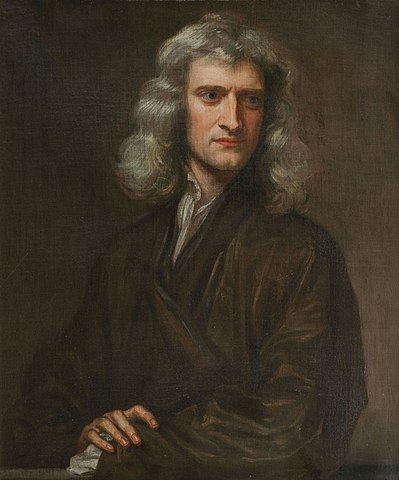- Sir Isaac Newton PRS (25 December 1642 – 20 March 1726/27) was an English mathematician, physicist, astronomer, alchemist, theologian, and author (described in his time as a “natural philosopher”), widely recognised as one of the greatest mathematicians and physicists and among the most influential scientists of all time. He was a key figure in the philosophical revolution known as the Enlightenment. His book Philosophiæ Naturalis Principia Mathematica (Mathematical Principles of Natural Philosophy), first published in 1687, established classical mechanics. Newton also made seminal contributions to optics, and shares credit with German mathematician Gottfried Wilhelm Leibniz for developing infinitesimal calculus.
- Oceania (Wikipedia)
Oceania (UK: /ˌoʊsiˈɑːniə, ˌoʊʃi-, -ˈeɪn-/ OH-s(h)ee-AH-nee-ə, -AY-, US: /ˌoʊʃiˈæniə, -ˈɑːn-/ OH-shee-A(H)N-ee-ə) is a geographical region including Australasia, Melanesia, Micronesia, and Polynesia. Outside of the English-speaking world, Oceania is generally considered a continent, while Mainland Australia is regarded as its continental landmass. Spanning the Eastern and Western hemispheres, at the centre of the water hemisphere, Oceania is estimated to have a land area of about 9,000,000 square kilometres (3,500,000 sq mi) and a population of around 44.4 million as of 2022. Oceania is the smallest continent in land area and the second-least populated after Antarctica.
- Isaac Newton was born (according to the Julian calendar in use in England at the time) on Christmas Day, 25 December 1642 (NS 4 January 1643) at Woolsthorpe Manor in Woolsthorpe-by-Colsterworth, a hamlet in the county of Lincolnshire.
- In June 1661, Newton was admitted to Trinity College at the University of Cambridge. His uncle the Reverend William Ayscough, who had studied at Cambridge, recommended him to the university.
- In 1665, he discovered the generalised binomial theorem and began to develop a mathematical theory that later became calculus.
- In April 1667, Newton returned to the University of Cambridge, and in October he was elected as a fellow of Trinity.
- The Principia was published on 5 July 1687 with encouragement and financial help from Halley. In this work, Newton stated the three universal laws of motion.
- In April 1705, Queen Anne knighted Newton during a royal visit to Trinity College, Cambridge.
- Newton died in his sleep in London on 20 March 1727 (OS 20 March 1726; NS 31 March 1727).
